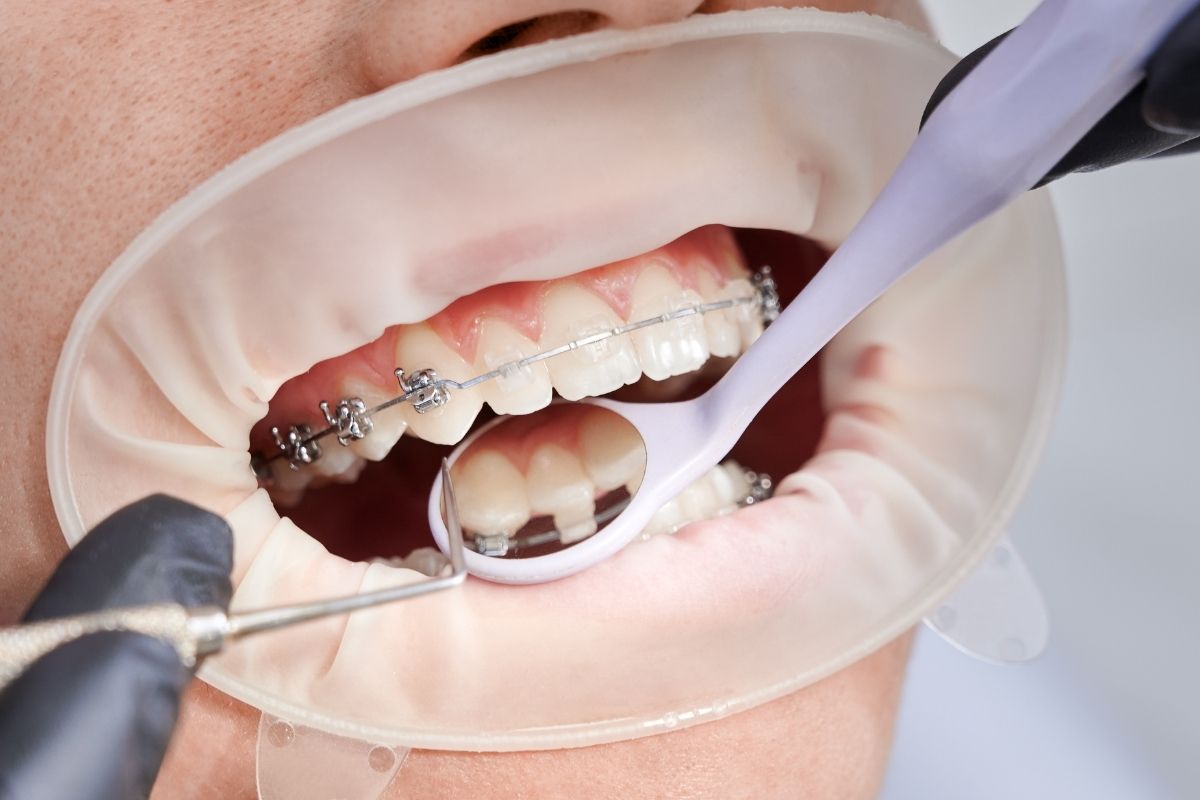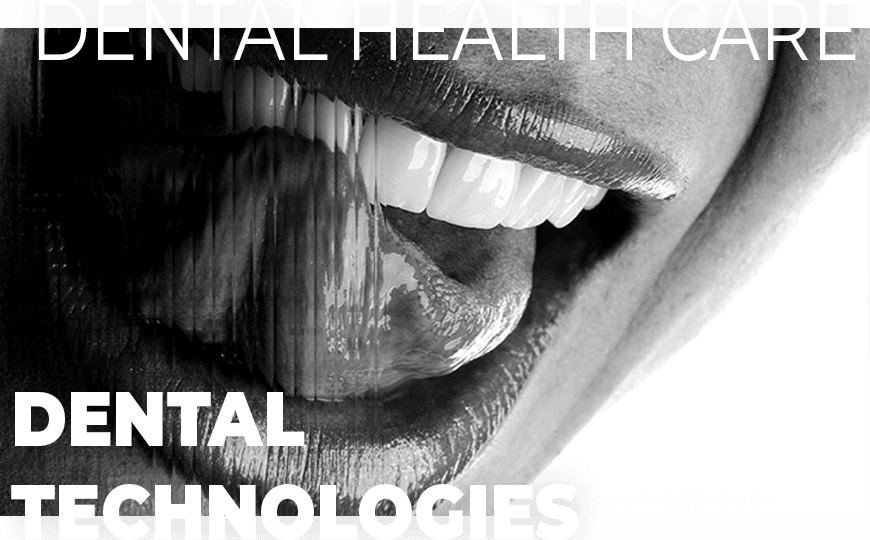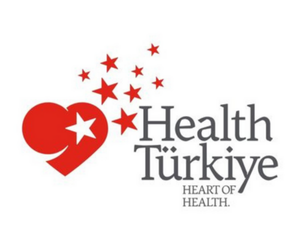
Blogs
Orthodontic Treatment Aftercare – What Should You Know?

Table of Contents
What to Expect After Getting Braces or Aligners?
Starting your orthodontic treatment at Helen Clinic – Antalya is an exciting step towards achieving a straight and healthy smile. However, adjusting to braces or aligners takes some time, and it’s normal to experience mild discomfort in the first few days. You may feel pressure or soreness on your teeth, especially when chewing, as your teeth begin to shift. With braces, your lips and cheeks might take time to adapt, and using orthodontic wax can help prevent irritation. If you’re using clear aligners, slight tightness is common when switching to a new set. To ease the transition, stick to soft foods, maintain good oral hygiene, and follow your dentist’s instructions. Now, let’s explore the essential aftercare tips for a comfortable orthodontic treatment journey.
Essential Aftercare Tips for a Comfortable Orthodontic Treatment
Adjusting to braces or aligners may take some time, but with proper care, you can ensure a smooth and comfortable orthodontic journey. At Helen Clinic – Antalya, we recommend the following aftercare tips:
- Follow Your Dentist’s Instructions: Always wear your aligners as prescribed or follow the guidelines for braces adjustments.
- Use Orthodontic Wax for Braces: If brackets or wires irritate your cheeks or lips, apply orthodontic wax to reduce discomfort.
- Eat Soft Foods Initially: Stick to soft foods like mashed potatoes, yogurt, and smoothies for the first few days after getting braces or switching aligners.
- Brush and Floss Regularly: Keeping your teeth and braces clean prevents plaque buildup and ensures a healthy treatment process.
- Avoid Sticky and Hard Foods: Chewing on nuts, gum, or hard candies can damage braces or cause unnecessary discomfort.
- Use a Cold Compress for Soreness: If you experience mild pain after an adjustment, applying an ice pack can help reduce swelling.
By following these simple yet effective tips, you can minimize discomfort and keep your orthodontic treatment on track. Next, let’s discuss how to manage pain and discomfort after getting braces or aligners.
How to Manage Pain and Discomfort After Orthodontic Treatment?
Mild discomfort is normal after getting braces or aligners, especially in the first few days as your teeth begin to shift. At Helen Clinic – Antalya, we recommend these effective ways to ease the pain and make the adjustment smoother:
- Take Over-the-Counter Pain Relievers: Medications like ibuprofen or paracetamol can help manage soreness.
- Use Orthodontic Wax: If your braces are causing irritation, applying orthodontic wax over the brackets or wires can protect your lips and cheeks.
- Rinse with Warm Salt Water: This helps soothe any gum irritation and reduces inflammation.
- Stick to Soft Foods: Avoid hard, crunchy, or chewy foods to minimize pressure on your teeth.
- Apply a Cold Compress: An ice pack placed on the outside of your mouth can reduce swelling and numb discomfort.
- Give It Time: The soreness will naturally decrease after a few days as your mouth adjusts to the new pressure.
Foods to Eat and Avoid with Braces or Aligners
Your diet plays a crucial role in protecting your braces or aligners and ensuring a smooth orthodontic treatment at Helen Clinic – Antalya. Choosing the right foods can help minimize discomfort and prevent damage to your orthodontic appliances.
✅ Best Foods to Eat:
- Soft foods like mashed potatoes, scrambled eggs, yogurt, and smoothies are easy to chew.
- Cooked vegetables and soft fruits (bananas, avocados, steamed carrots) provide essential nutrients without causing strain.
- Dairy products such as cheese, milk, and soft yogurt help strengthen teeth.
- Protein-rich options like fish, tofu, and shredded chicken support oral health.
- Pasta, rice, and soft bread are braces-friendly and filling.
❌ Foods to Avoid:
- Hard foods (nuts, raw vegetables, ice cubes) can damage braces or cause discomfort.
- Sticky foods (chewing gum, caramel, toffees) can get stuck in brackets and wires.
- Crunchy snacks (chips, popcorn) can break braces or irritate gums.
- Sugary drinks and candies increase the risk of cavities, especially with braces.
- Biting into hard fruits like apples and pears should be avoided—cut them into small pieces instead.
Following these dietary guidelines will help protect your braces or aligners and prevent unnecessary complications. Next, let’s discuss how long it takes to adjust to braces or aligners and what to expect during this period.
How Long Does It Take to Adjust to Braces or Aligners?
Adjusting to braces or aligners takes time, but most patients at Helen Clinic – Antalya start feeling comfortable within 1 to 2 weeks. During the first few days, you may experience pressure, soreness, or slight difficulty speaking, especially if you’re using clear aligners. Your lips and cheeks may also feel irritated by braces, but this discomfort gradually decreases as your mouth adjusts.
- First 3-5 days: Mild pain and sensitivity, difficulty chewing harder foods.
- After one week: Less discomfort, getting used to braces or aligners in daily life.
- After two weeks: Minimal irritation, eating and speaking feel more natural.
To speed up the adjustment period, follow your orthodontic aftercare routine, stick to soft foods, and use orthodontic wax if needed. The key is patience—once your teeth start shifting into alignment, the temporary discomfort will be worth the beautiful, straight smile!
Next, let’s talk about the best oral hygiene practices for keeping braces and aligners clean throughout your treatment.
Oral Hygiene with Braces or Aligners: Best Practices
Maintaining excellent oral hygiene is essential during orthodontic treatment to prevent cavities, gum disease, and plaque buildup. At Helen Clinic – Antalya, we recommend these best practices to keep your teeth and braces clean throughout your treatment.
- Brush After Every Meal: Use a soft-bristled toothbrush and fluoride toothpaste to remove food particles stuck in brackets or aligners.
- Floss Daily: Special orthodontic floss or a water flosser can help clean between teeth and under wires.
- Use an Orthodontic Mouthwash: A fluoride-based, alcohol-free mouthwash helps strengthen enamel and reduce bacteria.
- Clean Your Aligners Regularly: If using clear aligners, rinse and brush them daily to prevent staining and bacteria buildup.
- Avoid Sugary and Sticky Foods: These can increase the risk of cavities and make cleaning more difficult.
- Schedule Regular Dental Check-Ups: Professional cleanings and orthodontic adjustments ensure a healthy and successful treatment.
By following these simple yet effective hygiene habits, you’ll protect both your braces/aligners and your overall oral health. Next, let’s discuss the warning signs of orthodontic issues and when to contact your dentist.
Signs of Orthodontic Issues: When to Contact Your Dentist?
While braces and aligners are designed to gradually shift your teeth into alignment, certain signs may indicate a problem that requires immediate attention. At Helen Clinic – Antalya, we advise contacting your orthodontist if you experience any of the following issues:
- Severe or Prolonged Pain: Mild discomfort is normal, but intense or persistent pain may indicate an underlying issue.
- Loose or Broken Brackets/Wires: A detached bracket or a poking wire can cause irritation and should be fixed as soon as possible.
- Gum Swelling or Bleeding: If your gums remain swollen or bleed excessively, it may be a sign of poor hygiene or infection.
- Difficulty Chewing or Speaking: While initial adjustments take time, prolonged issues may indicate misalignment or improper fitting.
- Aligners Not Fitting Properly: If your clear aligners feel loose or don’t sit correctly, they may not be guiding your teeth as planned.
Ignoring these issues can delay your treatment progress or lead to complications. If you notice any of these signs, don’t hesitate to schedule a visit at Helen Clinic to ensure your orthodontic treatment stays on track!
The Do’s and Don’ts During Orthodontic Treatment
Following the right care routine during your orthodontic treatment will help you achieve the best results and avoid unnecessary discomfort. At Helen Clinic – Antalya, we recommend keeping these important do’s and don’ts in mind:
✅ Do’s:
- Brush and floss regularly to keep your teeth, braces, or aligners clean and free from plaque buildup.
- Wear your aligners as prescribed (for at least 20-22 hours daily) to ensure effective treatment.
- Use orthodontic wax if braces irritate your lips or cheeks.
- Stick to soft foods, especially after adjustments, to reduce discomfort.
- Attend regular check-ups to ensure your treatment is progressing as planned.
❌ Don’ts:
- Don’t eat hard, sticky, or crunchy foods that can damage braces or cause discomfort.
- Avoid biting nails, chewing on pens, or using teeth as tools, as these habits can break brackets or misalign aligners.
- Don’t skip aligner trays or remove them too often, as this can delay your treatment.
- Avoid sugary and acidic drinks (like soda and energy drinks) to prevent tooth decay around braces.
- Don’t ignore discomfort or broken appliances—contact your dentist for quick repairs to stay on track.
By following these simple guidelines, you’ll ensure a smooth and successful orthodontic journey. Next, let’s discuss whether smoking or drinking alcohol can affect your orthodontic treatment.
Can I Smoke or Drink Alcohol While Wearing Braces or Aligners?
Smoking and alcohol consumption can negatively impact your orthodontic treatment, leading to potential complications. At Helen Clinic – Antalya, we strongly advise patients to avoid both for the following reasons:
- Smoking Slows Down Tooth Movement: Nicotine reduces blood flow to the gums, making it harder for your teeth to shift properly and slowing down your treatment progress.
- Increased Risk of Gum Disease: Smoking leads to plaque buildup, increasing the risk of gum infections and inflammation around braces or aligners.
- Alcohol Weakens Enamel: Many alcoholic drinks contain sugars and acids that erode enamel, increasing the chances of cavities and staining.
- Aligners Can Stain or Warp: Smoking can discolor clear aligners, making them look yellow, while alcohol can weaken the plastic if exposed too often.
For the best results, avoid smoking and limit alcohol intake to protect your oral health and ensure your orthodontic treatment stays on track. Now, let’s go over how to maintain your smile after completing orthodontic treatment for long-term success.
How to Maintain Your Smile After Orthodontic Treatment?
Completing your orthodontic treatment is an exciting moment, but maintaining your perfectly aligned smile requires ongoing care. At Helen Clinic – Antalya, we recommend the following steps to keep your teeth straight and healthy for years to come:
- Wear Your Retainer as Instructed: Teeth can shift back over time, so wearing a retainer regularly is essential to maintaining your results.
- Keep Up with Good Oral Hygiene: Brush twice daily, floss, and use mouthwash to prevent plaque buildup and gum disease.
- Schedule Regular Dental Check-ups: Routine visits help ensure your teeth stay in great shape and your retainer fits properly.
- Avoid Bad Habits: Biting nails, chewing on pens, or grinding teeth can gradually affect your alignment.
- Eat a Balanced Diet: Limiting sugary and acidic foods protects your teeth from decay and staining.
By following these simple but essential habits, you can enjoy a beautiful, straight smile for a lifetime! If you have any concerns after your treatment, our experts at Helen Clinic – Antalya are always here to help.



